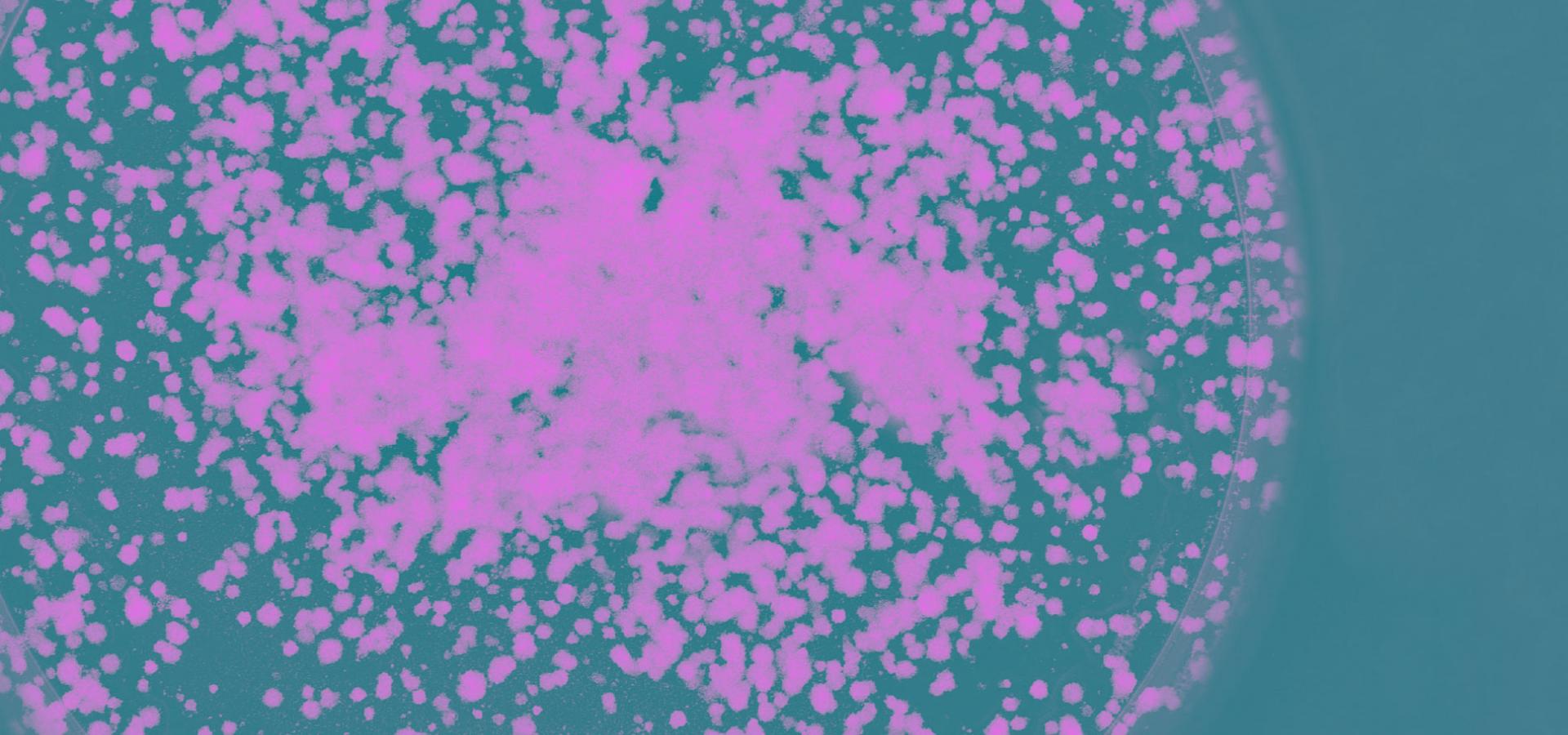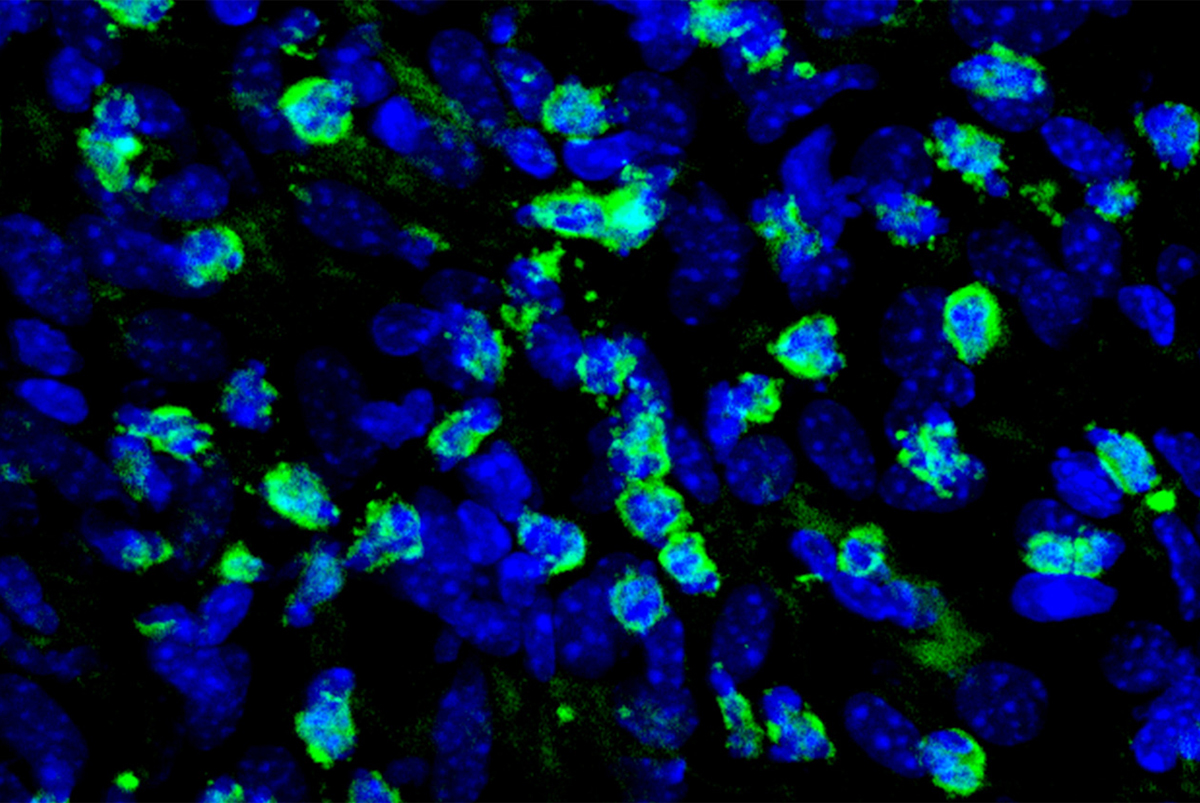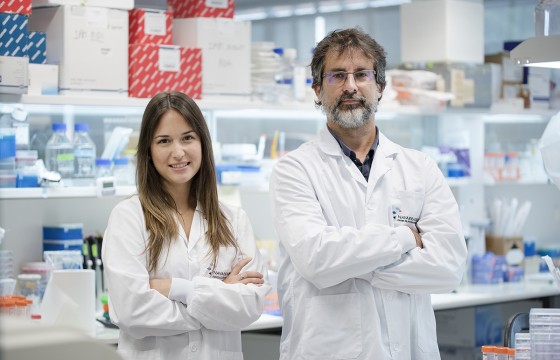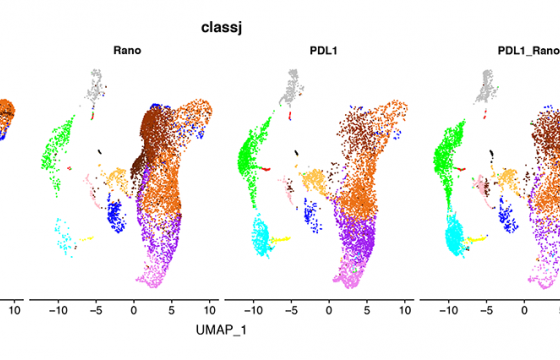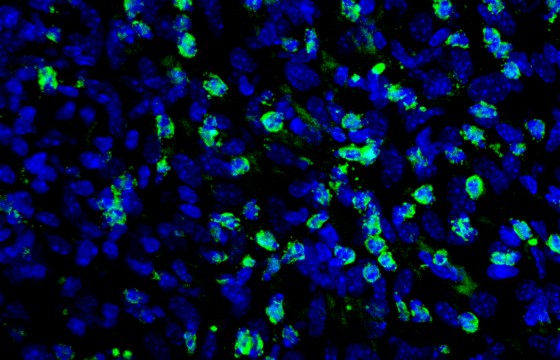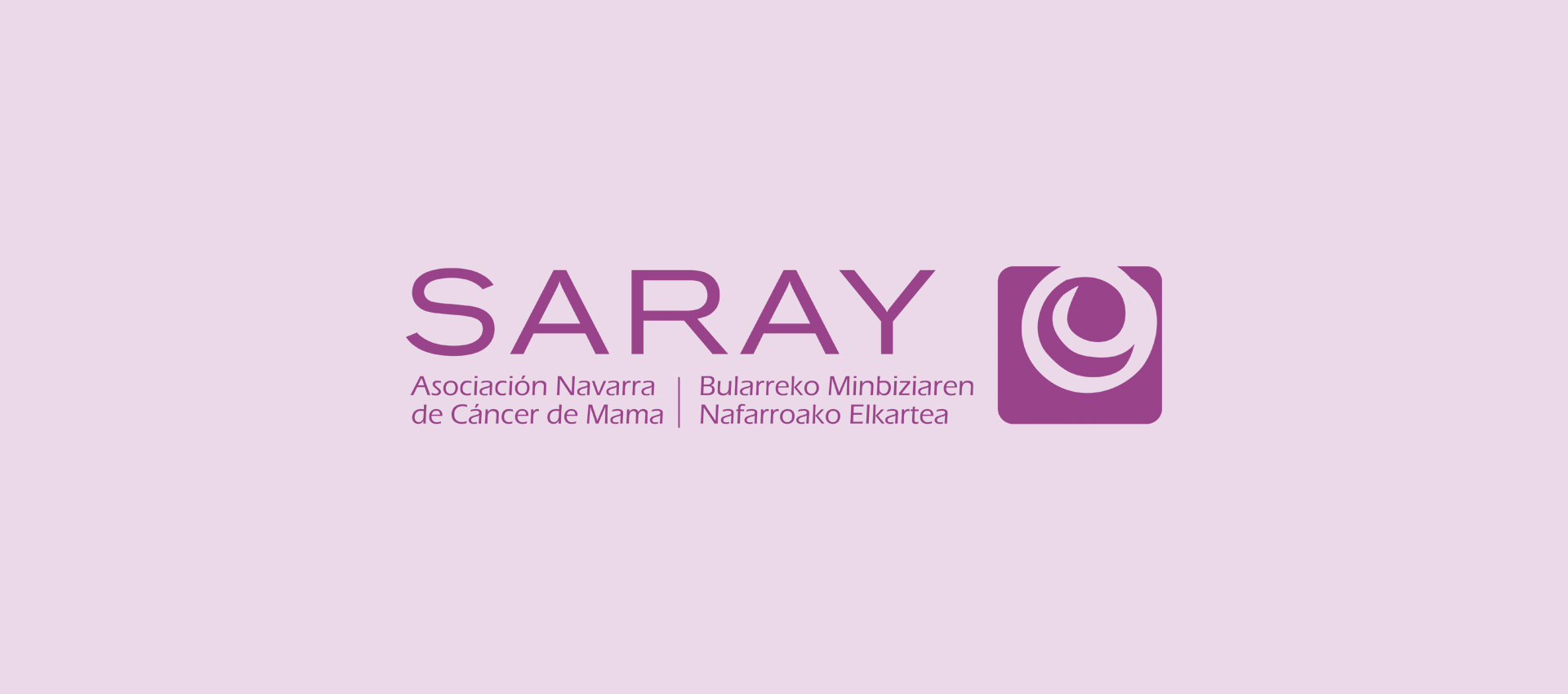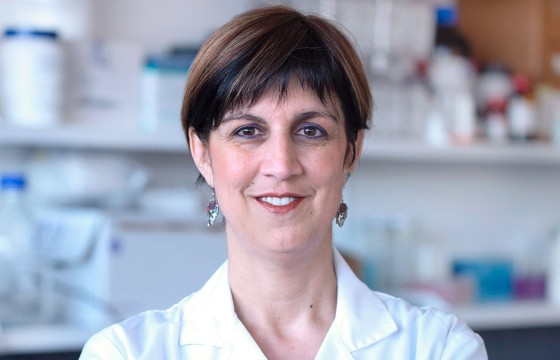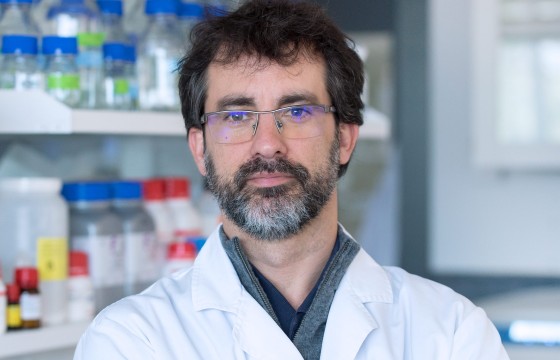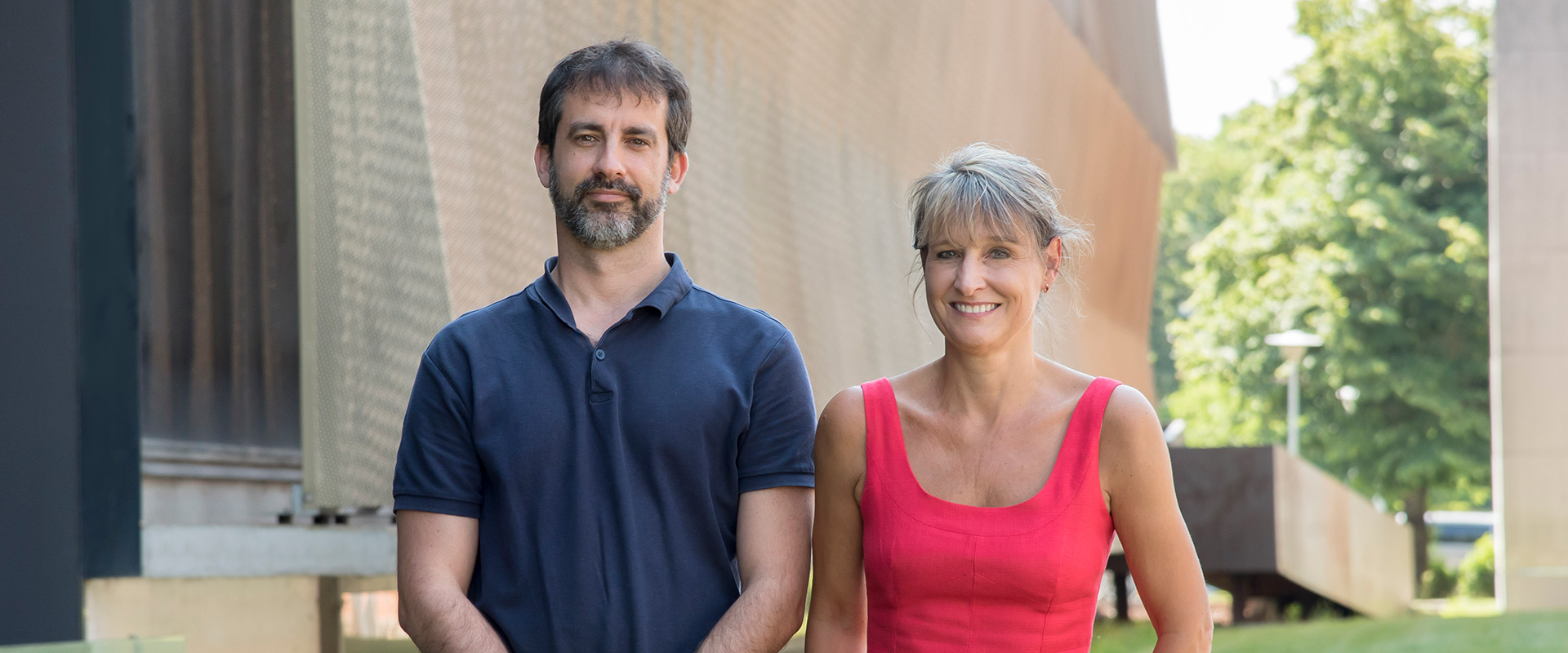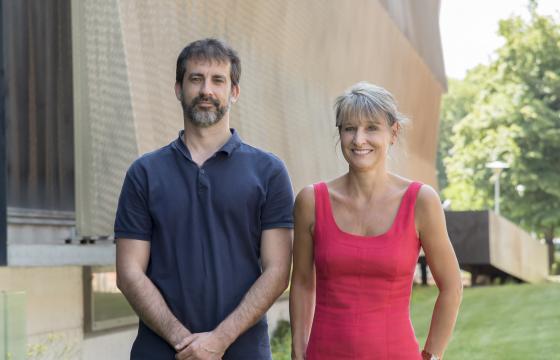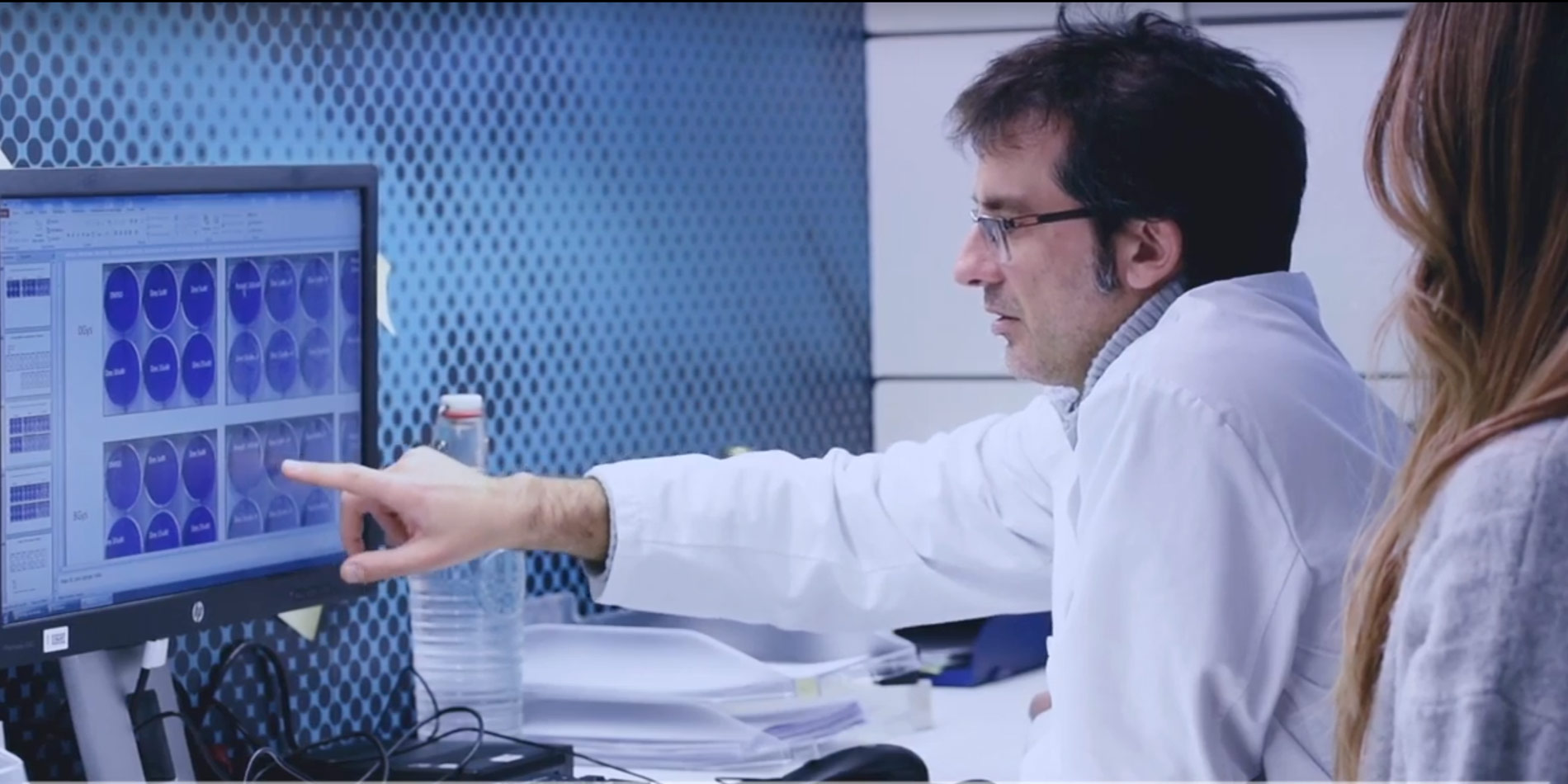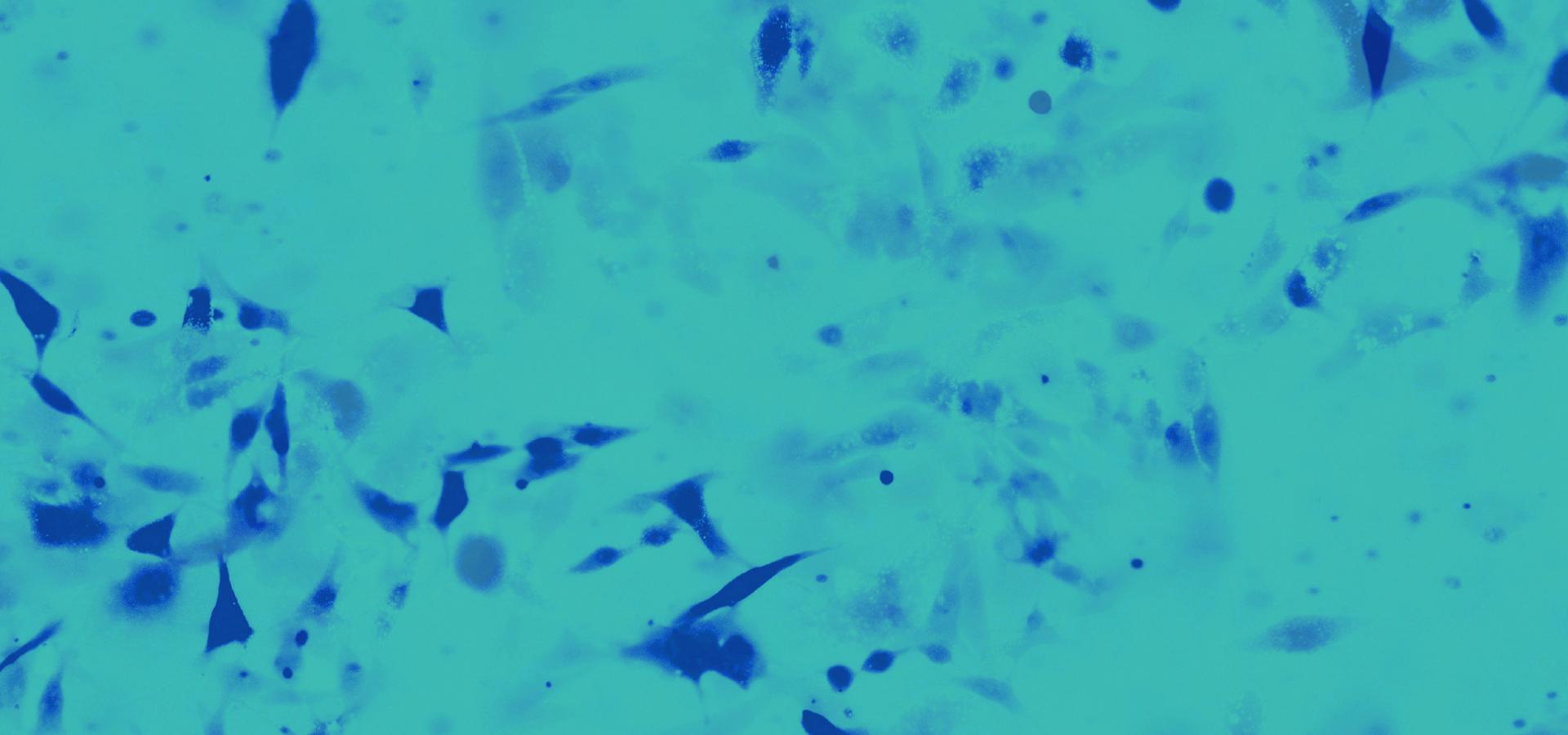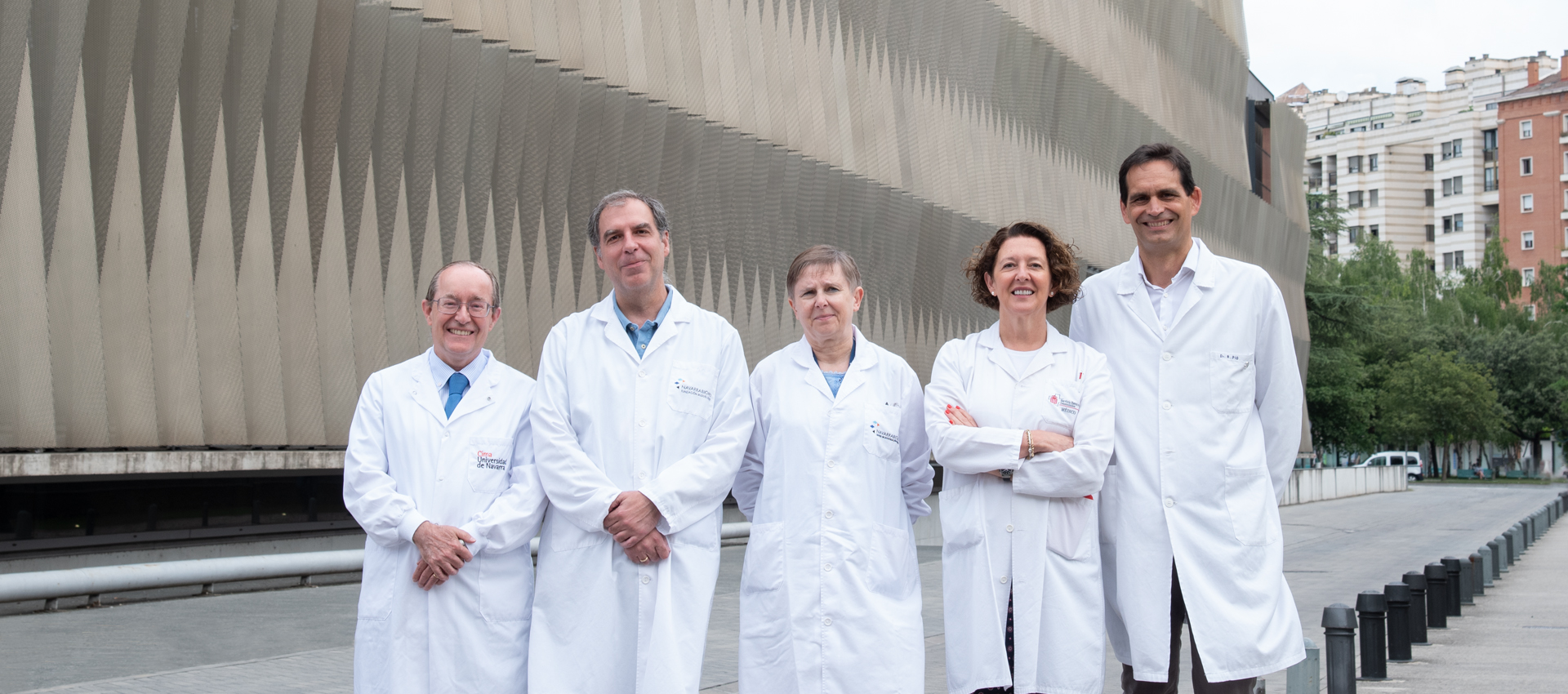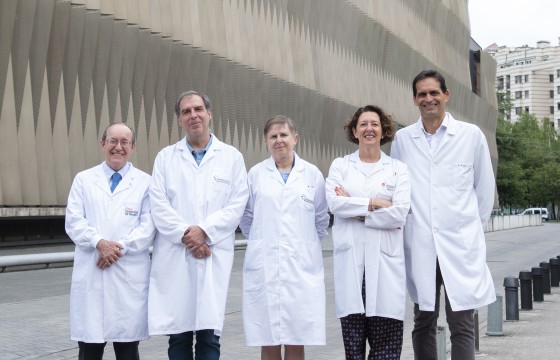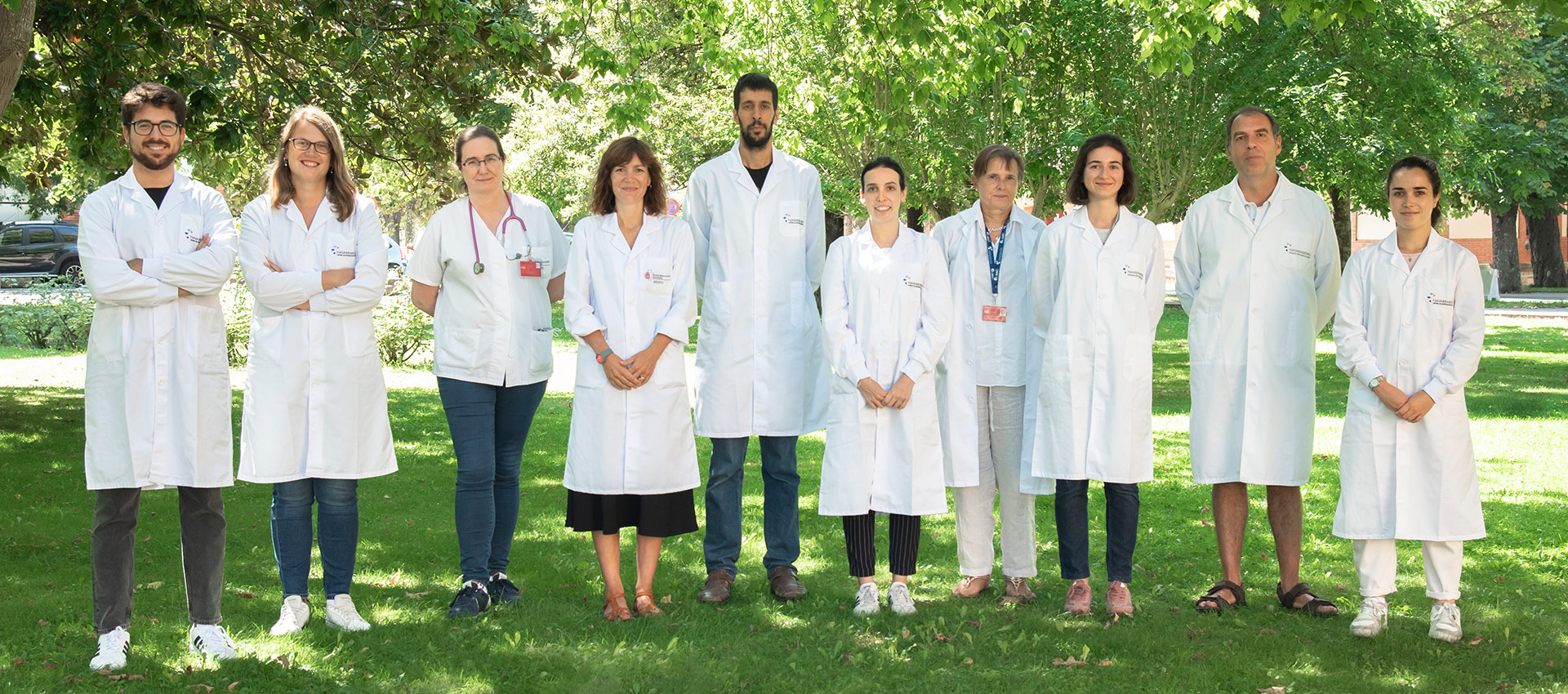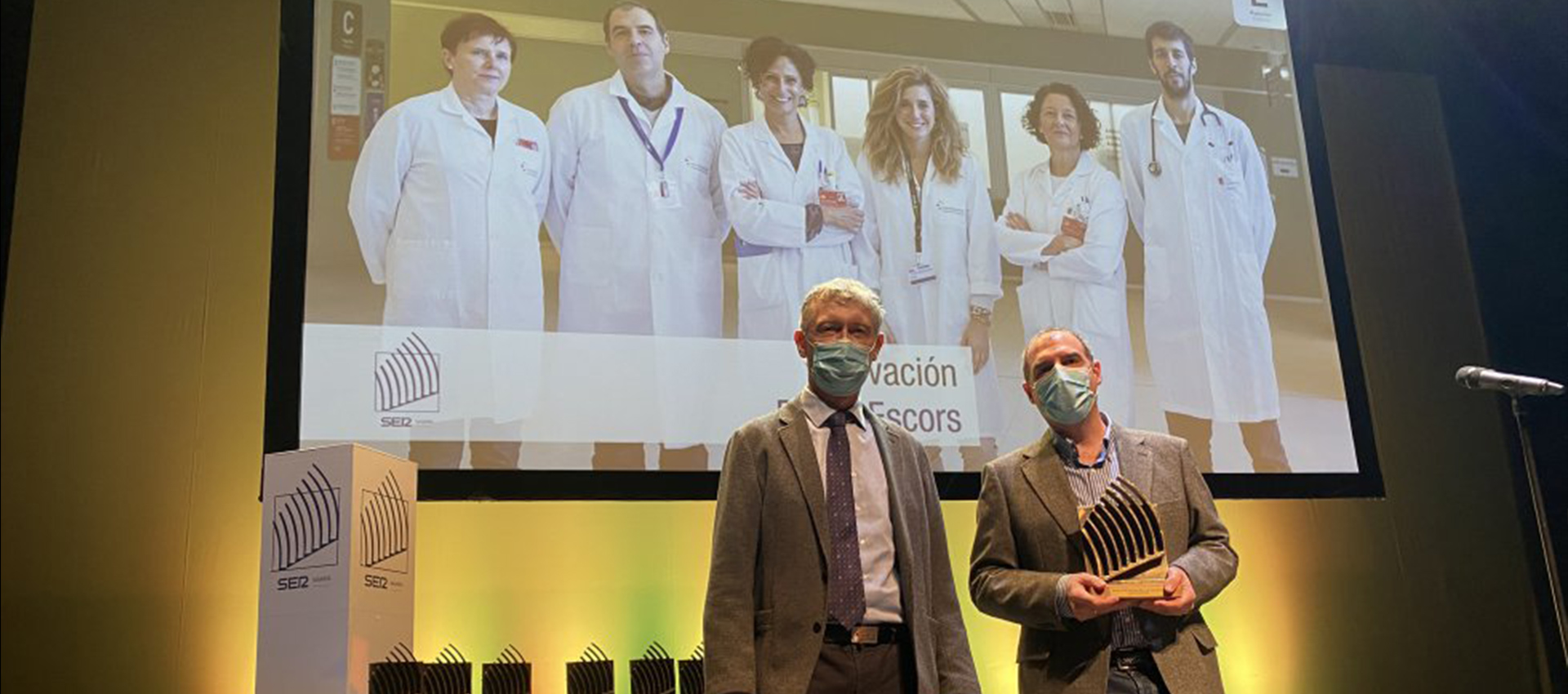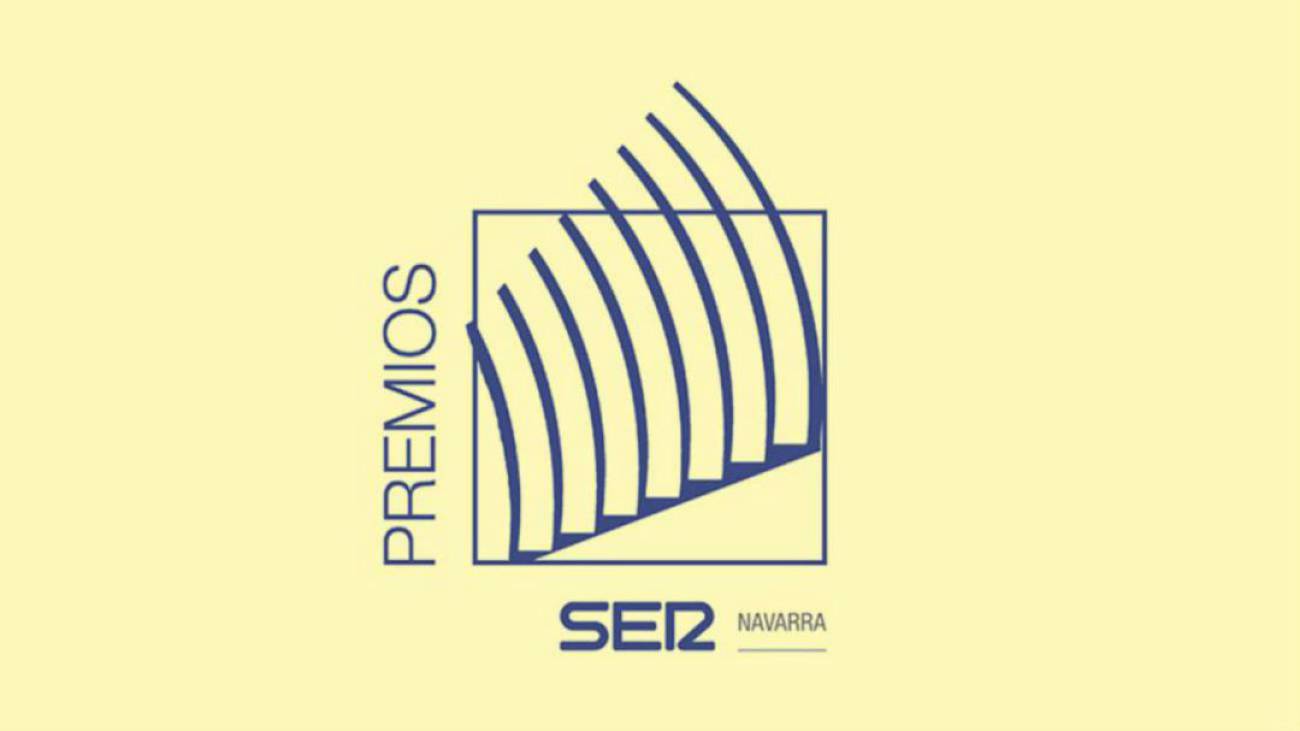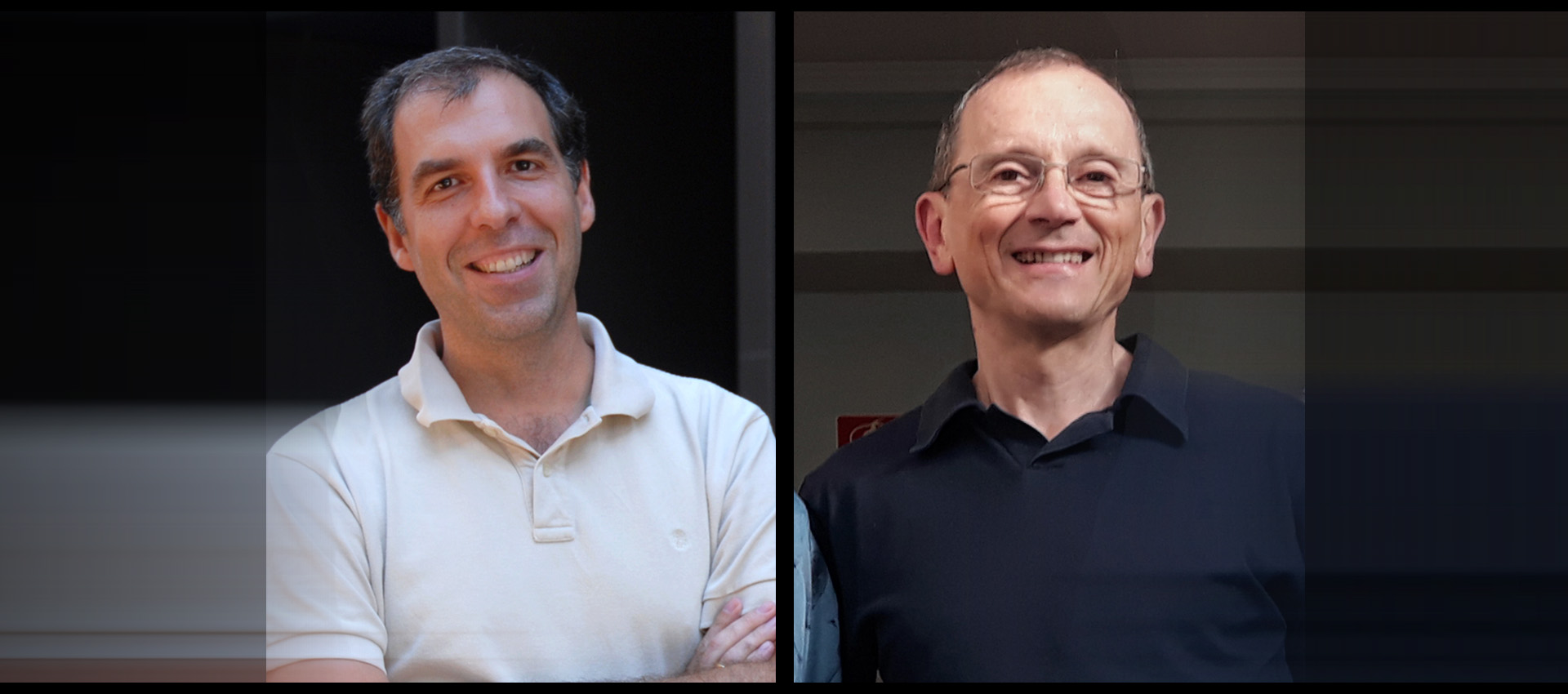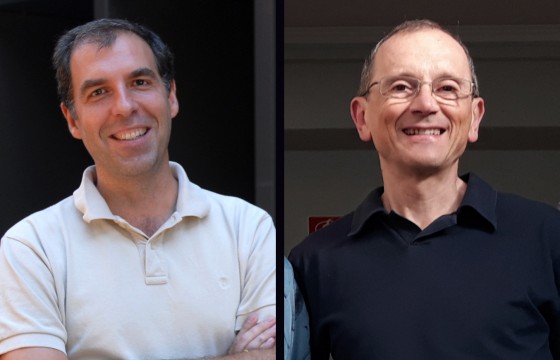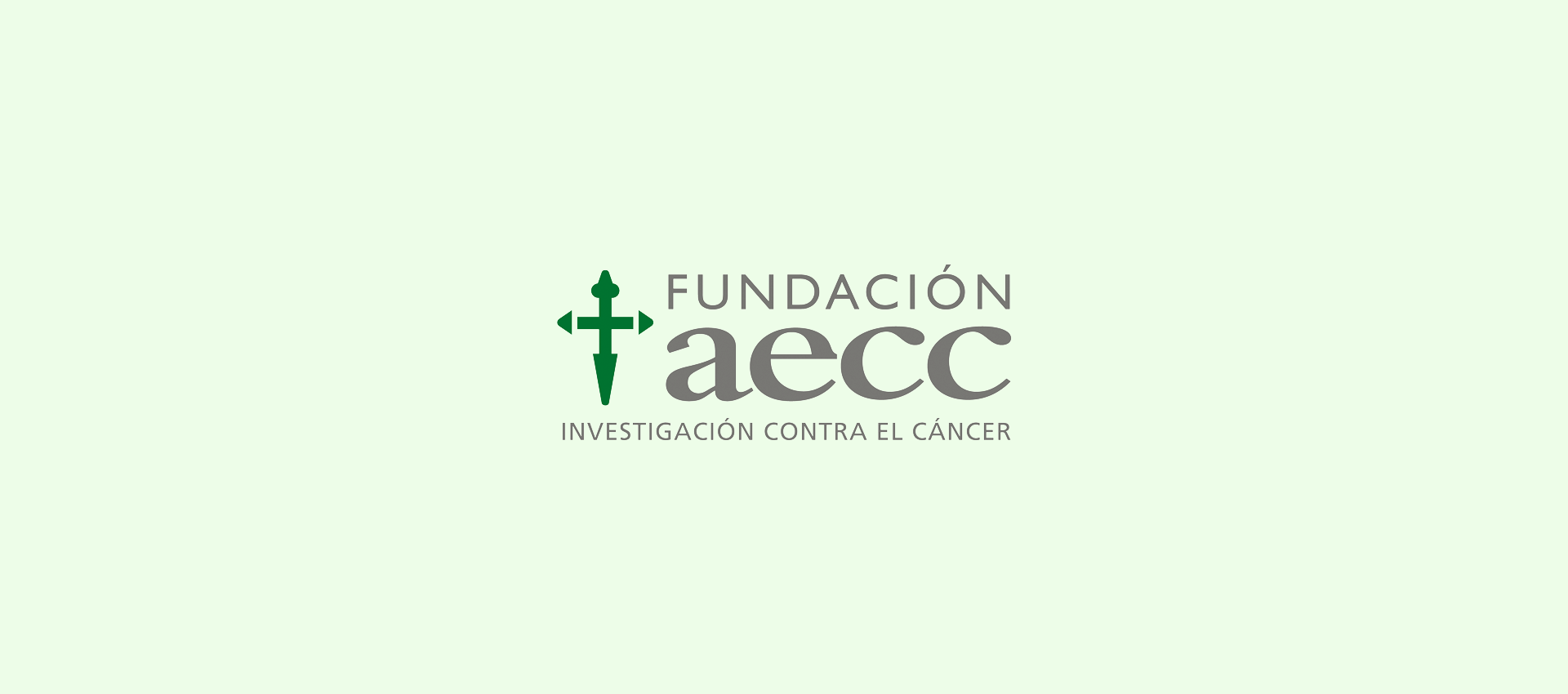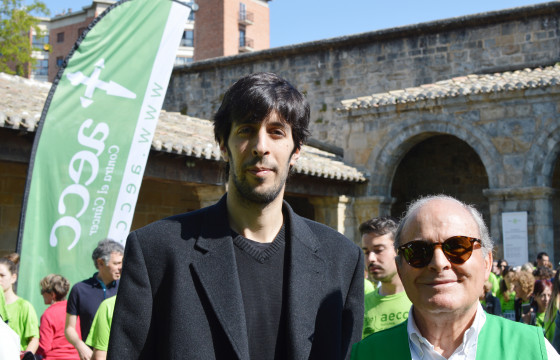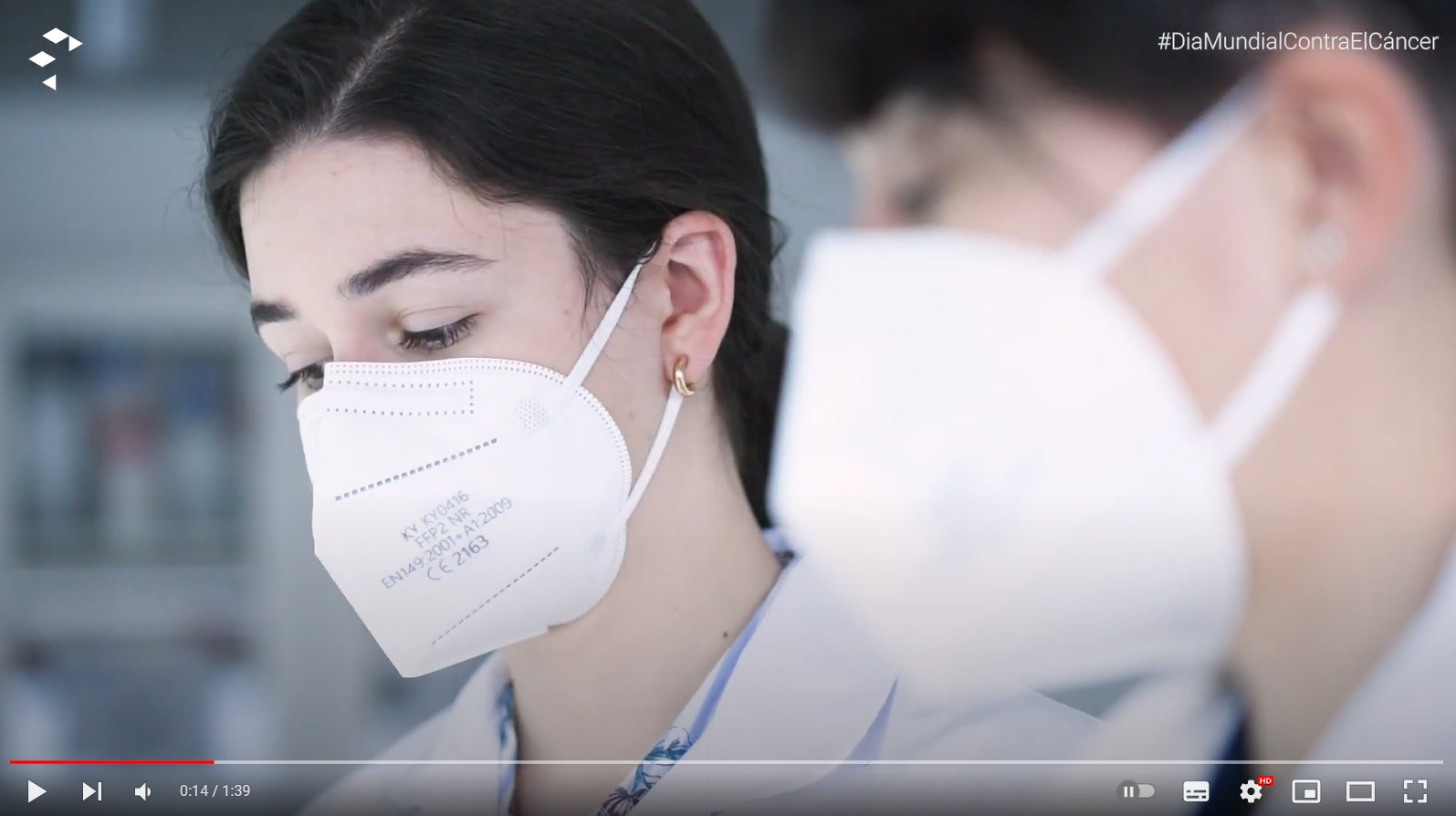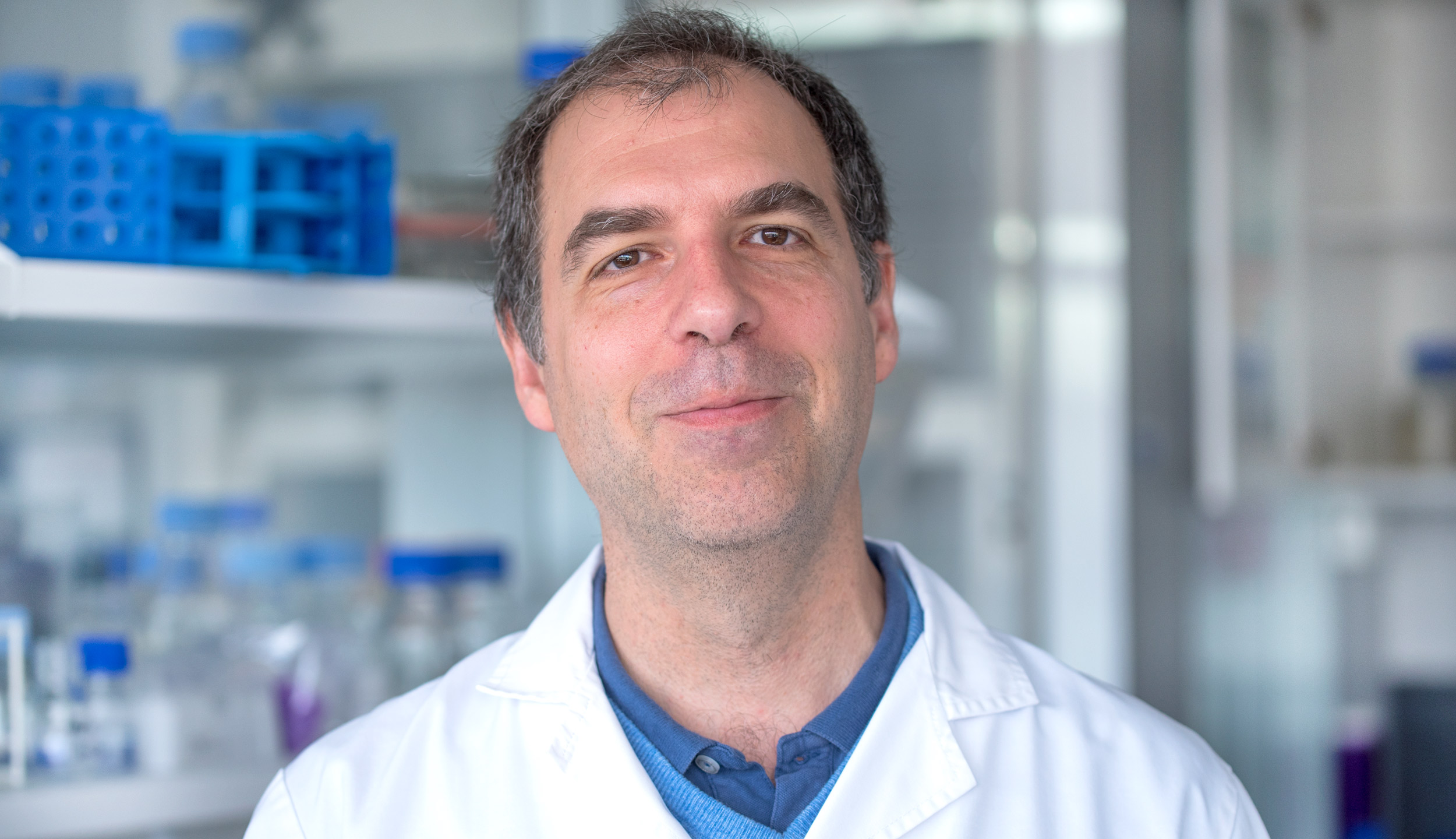Molecular Pathology of Cancer
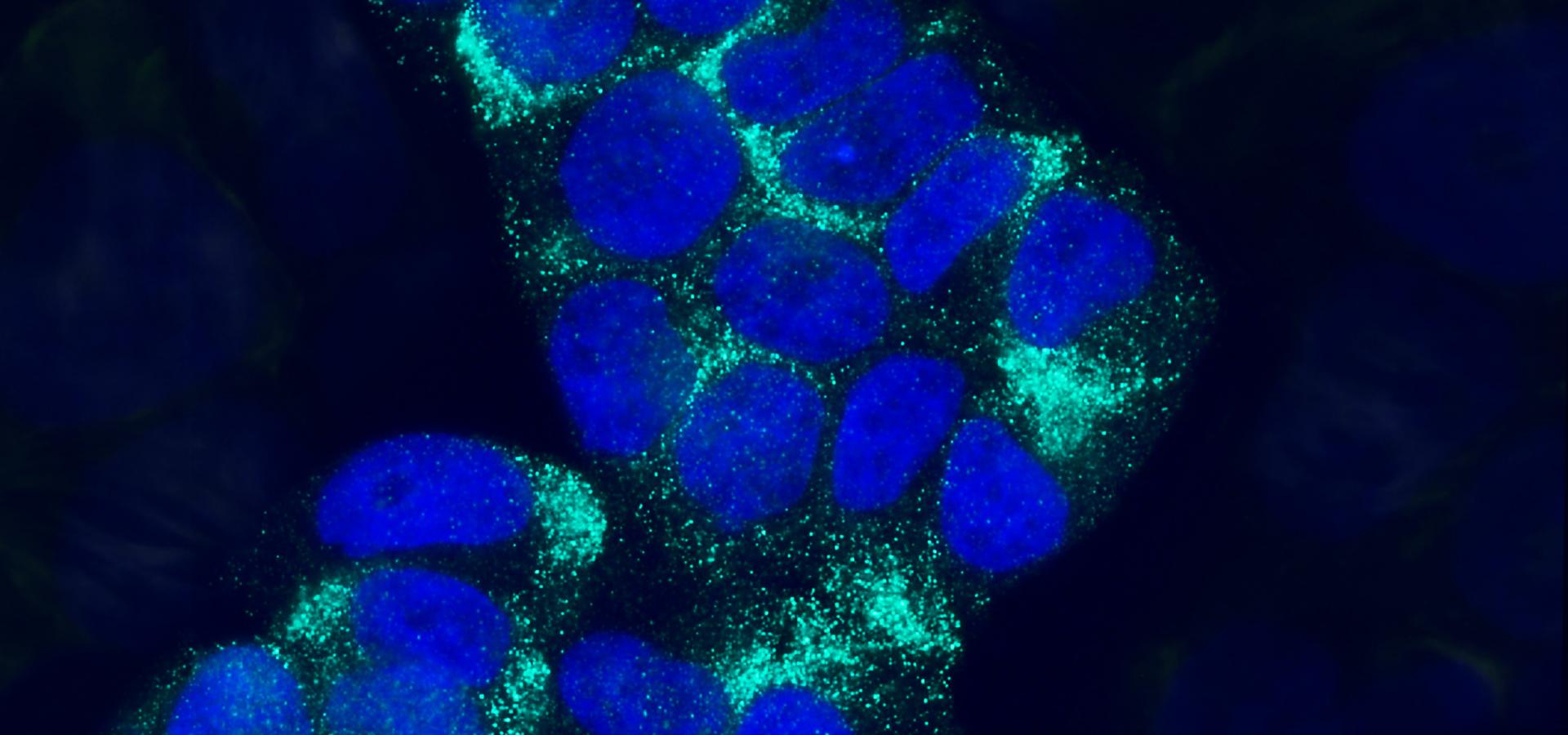
The Molecular Pathology of Cancer Research Unit, previously known as Cancer Epigenetics Unit, includes researchers from Navarrabiomed and clinical researchers from the Anatomical Pathology, Surgery and Neurosurgery Services at the Navarra Hospital Complex. Its main goal is to identify new biomarkers for prognosis and response to treatment in patients with different types of cancer: breast, gynaecological and brain tumours, among others.
This Unit works with other research groups at Navarrabiomed (Oncoimmunology, Oncobiona Tras), the Radiation Oncology Team at CHN, groups from other organisations (IUOPA in Oviedo, PEBC-IDIBELL in Barcelona), and technology platforms at Navarrabiomed, the National Cancer Research Centre (CNIO in Madrid) and the Biomedical Research Centre of La Rioja (CIBIR in Logroño).
Lines of research:
- Identification of microRNAs and of hypermethylation in the tumour suppressor genes involved in solid tumour progression.
- Analysis of prognostic value and predicted response to cancer treatment in solid tumour biomarkers.
- Analysis of protein expression profiles as related to tumour characteristics.
- In vitro functional assays.
Saioa Mendaza Lainez defenderá su tesis doctoral el martes, 30 de junio
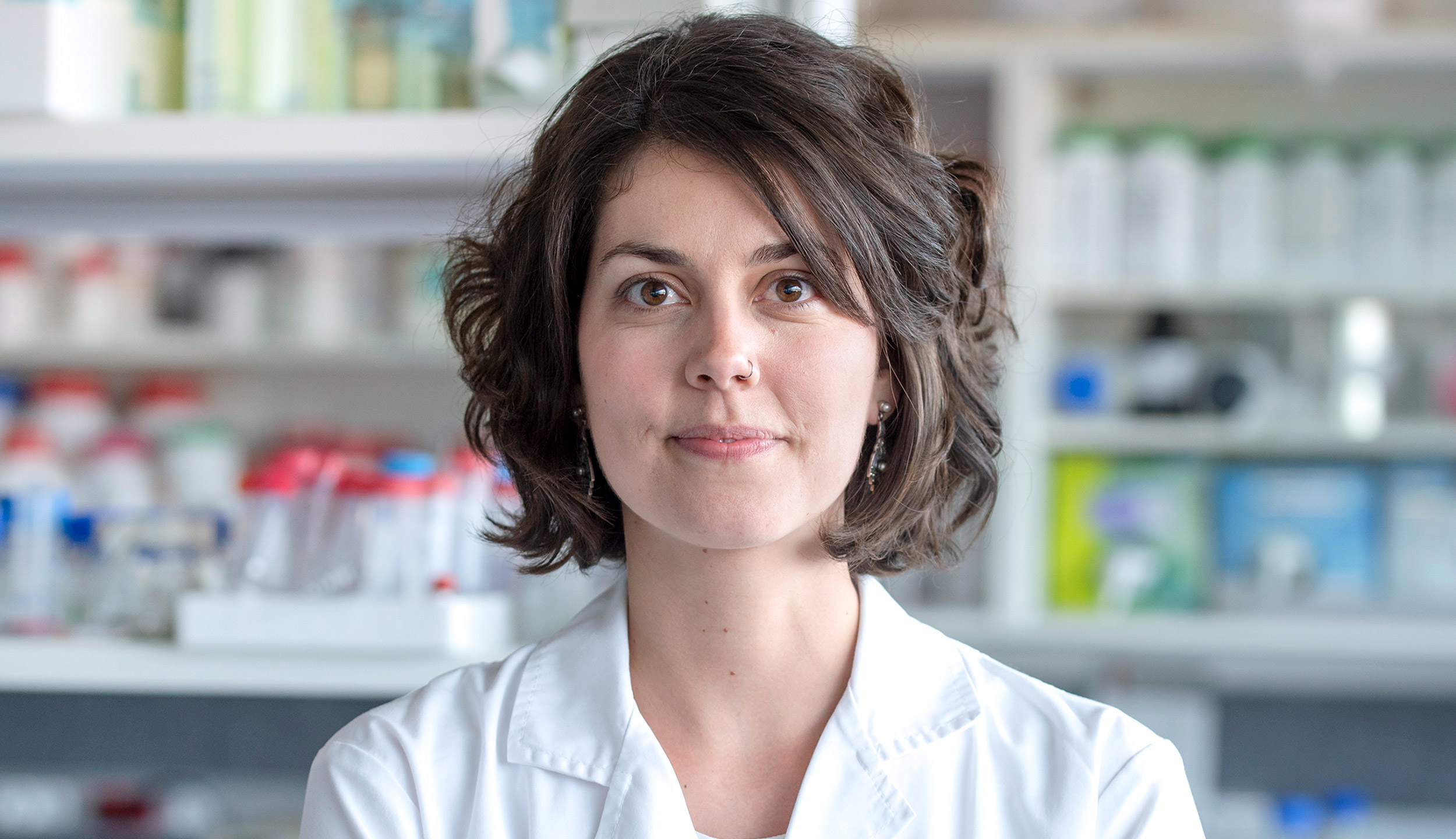
Saioa Mendaza Lainez, investigadora predoctoral en la Unidad de Patología Molecular del Cáncer de Navarrabiomed, realizará la lectura de su tesis doctoral por la Universidad Pública de Navarra el martes 30 de junio, a las 11:30, a través de videoconferencia en Navarrabiomed (solamente podrán acudir aquellas personas autorizadas previamente).
La tesis, titulada Approaching the epigenome of triple-negative breast cancer to identify new biomarkers, ha sido desarrollada en Navarrabiomed bajo la dirección del Dr. David Guerrero Setas y la Dra. Esperanza Martín Sánchez.
El cáncer de mama es la neoplasia más frecuente en mujeres a nivel mundial y la primera causa de muerte por cáncer en este mismo sexo. La investigación aborda el cáncer de mama triple negativo (CMTN), un subtipo que a diferencia del resto carece de tratamiento dirigido, lo que conlleva consecuencias más agresivas en las personas que lo padecen. Esto hace que a día de hoy, la búsqueda de nuevos biomarcadores y dianas terapéuticas para esta enfermedad sea imprescindible.
Dado que las alteraciones epigenéticas están involucradas en la tumorigénesis, el objetivo de esta tesis ha sido caracterizar la metilación del DNA y la acetilación de histonas de este tipo de cáncer. Con ello se ha buscado identificar nuevas firmas potencialmente diagnósticas y pronósticas, así como alteraciones destinatarias de fármacos dirigidos.
Los resultados de esta caracterización han permitido concluir que el patrón epigenético está alterado en CMTN respecto a tejido mamario no neoplásico. Más importante aún, la investigación ha desvelado dos alteraciones epigenéticas específicas como potenciales biomarcadores de peor pronóstico: la acetilación de la histona H4K5 y la hipometilación del gen ADAM12, el cual se presenta también como posible diana terapéutica frente a este cáncer.
Asimismo, se ha identificado una nueva firma basada en metilación de DNA con utilidad diagnóstica. Por último, se han descrito los procesos biológicos de los distintos genes regulados por la acetilación de H4K6 en líneas celulares no neoplásicas y CMTN.
El trabajo realizado ha dado lugar a tres publicaciones científicas y ha sido difundido en dos congresos consecutivos de European Association for Cancer Research; uno celebrado en Manchester en el año 2017 y en Amsterdam en el 2018.
Para el desarrollo de la tesis Saioa Mendaza ha sido beneficiaria de dos becas: Ayudas para la formación de Personal Investigador de la Univesidad Pública de Navarra para la realización de tesis doctorales y Beca a la excelencia de la Funcación Caja Navarra para la realización de una estancia en University of Massachussets Medical School (EEUU).
Navarrabiomed - Centro de investigación biomédica
Complejo Hospitalario de Navarra, edificio de investigación.
Calle Irunlarrea, 3. 31008 Pamplona, Navarra, España.

